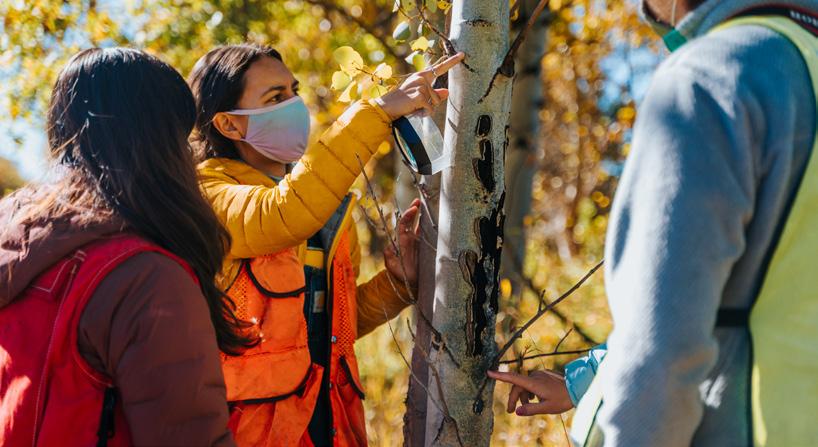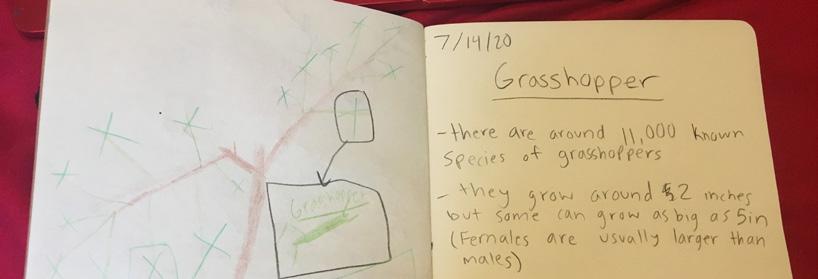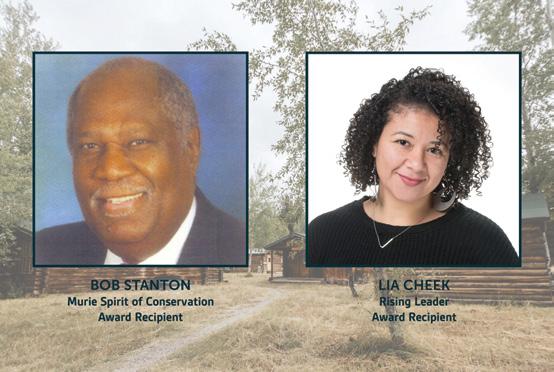Photo courtesy of the Galapagos Conservancy
Place-Based Education for All How Galapagos has Trained All of its Teachers in Education for Sustainability in the Last Five Years
Richard Knab met Leslie Cook in February of 2020, right before the pandemic hit the United States. Leslie, our Senior Director of Educator Development, was leading a workshop called Place-based Education Introduction in Hartford, Vermont. Richard, Director of Strategic Partnerships at Galapagos Conservancy, was a participant. While he connected with TSS recently, Richard is no stranger to place-based education. Twenty years ago, Richard was living in Honduras with his family, working at Zamorano University, a unique center of learning known for its emphasis on learning-by-doing, when he was asked to form part of a team to revamp a traditional K-8 school located on campus. Richard and his colleagues saw an opportunity to break with convention and connect learning to place. Within several years, the Alison Bixby Stone School became a vibrant learning community that extended the classroom to include Zamorano’s agricultural fields, forests, laboratories and surrounding communities, instilling children with a deep love of learning. The experience stayed with him as he moved back to the U.S. and began working at the Galapagos Conservancy, a Fairfax, VA-based nonprofit whose mission is to “protect the unique biodiversity and ecosystems of Galapagos by supporting research and management, informing public policy, and building a sustainable society.” (Galapagos Conservancy)
12
In Galapagos, 350 preK-12 teachers work in 20 schools spread across four islands, instructing 7500 students. Historically, these teachers have had very little access to professional development, resulting in a heavy reliance on textbooks and rote learning, despite the Islands’ amazing natural setting. Since the 1990s, the Fundacion Scalesia has been dedicated to strengthening education in Galapagos. In 2014, Scalesia partnered with Galapagos Conservancy and Ecuador’s Ministry of Education to “identify the most effective strategies for launching an archipelago-wide education improvement program” (Scalesia Foundation). This partnership, coordinated by Richard, identified the need for evidence-based, studentcentered pedagogy and began developing the Education for Sustainability Program, designed to transform education in the Galapagos through intensive teacher professional development. When designing the program, Richard thought back to his experience in Honduras and the lessons of connecting education to place. He centered the program around Education for Sustainability (a concept very similar to place-based education), believing that an interdisciplinary approach to teaching, connected to place, would lead to better education outcomes and ultimately prepare young people to make a positive difference in their communities.






